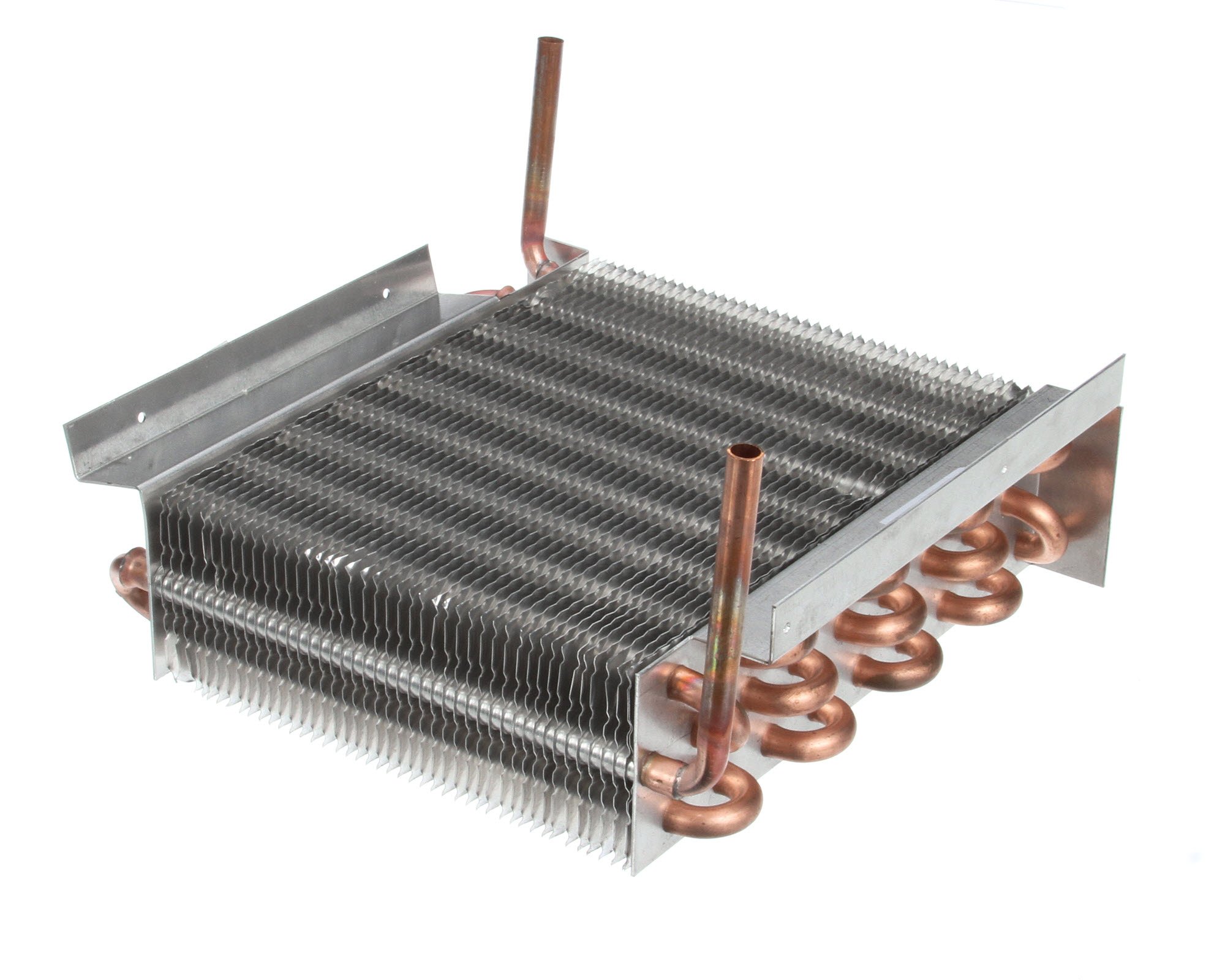Introduction of condenser coils
Condenser coils are an essential component of air conditioning and refrigeration systems used to regulate temperatures in residential, commercial, and industrial settings. These coils are responsible for transferring heat from the indoor environment or refrigerant to the outdoor environment, which allows the system to cool the air and regulate temperature. Condenser coils are typically located in the outdoor unit of an HVAC system and are exposed to the elements, making them susceptible to dirt and debris accumulation, corrosion, physical damage, and other issues that can impact their performance and efficiency. Proper maintenance and repair of condenser coils are crucial to ensure the optimal functioning of HVAC systems and prevent potential issues and damage that can impact system performance and energy efficiency.
The common issues with condenser coils
Condenser coils are an integral part of the air conditioning and refrigeration systems that are used to cool and regulate temperatures in homes, commercial buildings, and industrial facilities. They are responsible for transferring heat from the indoor air or refrigerant to the outdoor environment, which allows the system to cool the air and regulate temperature.
One of the most common issues with condenser coils is the accumulation of dirt, debris, and other contaminants on the surface of the coils. This buildup can reduce the efficiency of the coils and make it harder for them to transfer heat effectively, which can cause the system to work harder and consume more energy than necessary. Regular cleaning and maintenance can help prevent this issue and extend the lifespan of the coils.
Another common issue with condenser coils is corrosion, which can occur over time due to exposure to the outdoor environment and the elements. Corrosion can weaken the coils, causing them to become brittle and potentially leading to cracks or other damage that can reduce their effectiveness. It is important to address this issue promptly to prevent further damage and ensure the proper functioning of the system.
Physical damage to the coils can also occur, which can cause them to malfunction or fail altogether. This can be caused by a variety of factors, such as hail or other weather-related events, accidental impact, or wear and tear over time. Repair or replacement of the damaged coils may be necessary to restore the system to proper working order.
Refrigerant leaks are another potential issue with condenser coils. Which can result in decreased cooling capacity and potentially harm the environment. Leak detection and repair are important to prevent the release of refrigerant into the atmosphere and ensure the proper functioning of the system.
Other materials can also restrict airflow and cause the system to overheat.
What is the role of condenser coils in a refrigeration system?
The role of condenser coils in a refrigeration system is to transfer heat from the refrigerant to the surrounding environment. When a refrigerant is compressed, it increases in temperature. When it is allowed to expand, it decreases in temperature. In an air conditioning or refrigeration system. The compressor compresses the refrigerant, which increases its temperature. The refrigerant is then directed to the condenser coil, which is located in the outdoor unit of the system.
The condenser coils contain a series of tubes that are designed to allow the refrigerant to flow through them. As the refrigerant flows through the condenser coil, it releases heat to the surrounding environment. This heat transfer process causes the refrigerant to condense from a gas to a liquid.
The evaporator coils absorb heat from the indoor air or refrigerant, and the process repeats itself. The compressor then compresses the refrigerant.
In summary, the role of a condenser coil in a refrigeration system is to transfer heat from the refrigerant to the surrounding environment. Allowing the system to cool the air and regulate temperature.
Can dirty condenser coils affect indoor air quality?
Dirty condenser coils can indirectly affect indoor air quality by causing issues with the overall performance of the HVAC system. When condenser coil become dirty or clogged with debris, their ability to transfer heat to the surrounding environment decreases. This means that the system has to work harder and use more energy to achieve the desired temperature.
As a result, the system may not be able to properly regulate humidity levels. Which can create conditions for mold and bacteria growth. Additionally, a poorly functioning HVAC system may not effectively filter out indoor air pollutants. Such as allergens, dust, and pet dander.
Therefore, dirty condenser coils may not directly impact indoor air quality. Their impact on the performance of the HVAC system can indirectly affect the air quality inside a building. Regular maintenance and cleaning of condenser coils can help to prevent these issues. Ensure optimal performance of the HVAC system.
Also read:- Key Players and Emerging Trends in the Ammunition Market
Conclusion
In conclusion, condenser coils are an essential component of air conditioning and refrigeration systems. They play a crucial role in transferring heat from the refrigerant to the surrounding environment. Allowing the system to cool the air and regulate temperature. However, dirty condenser coils can negatively impact the performance of the HVAC system. Potentially leading to issues with humidity levels and indoor air quality. Regular maintenance and cleaning of the condenser coil are necessary to prevent these issues. Ensure optimal performance of the HVAC system. Proper care of the condenser coil will help extend the lifespan of the HVAC system. Provide comfortable and healthy indoor air quality for building occupants.





